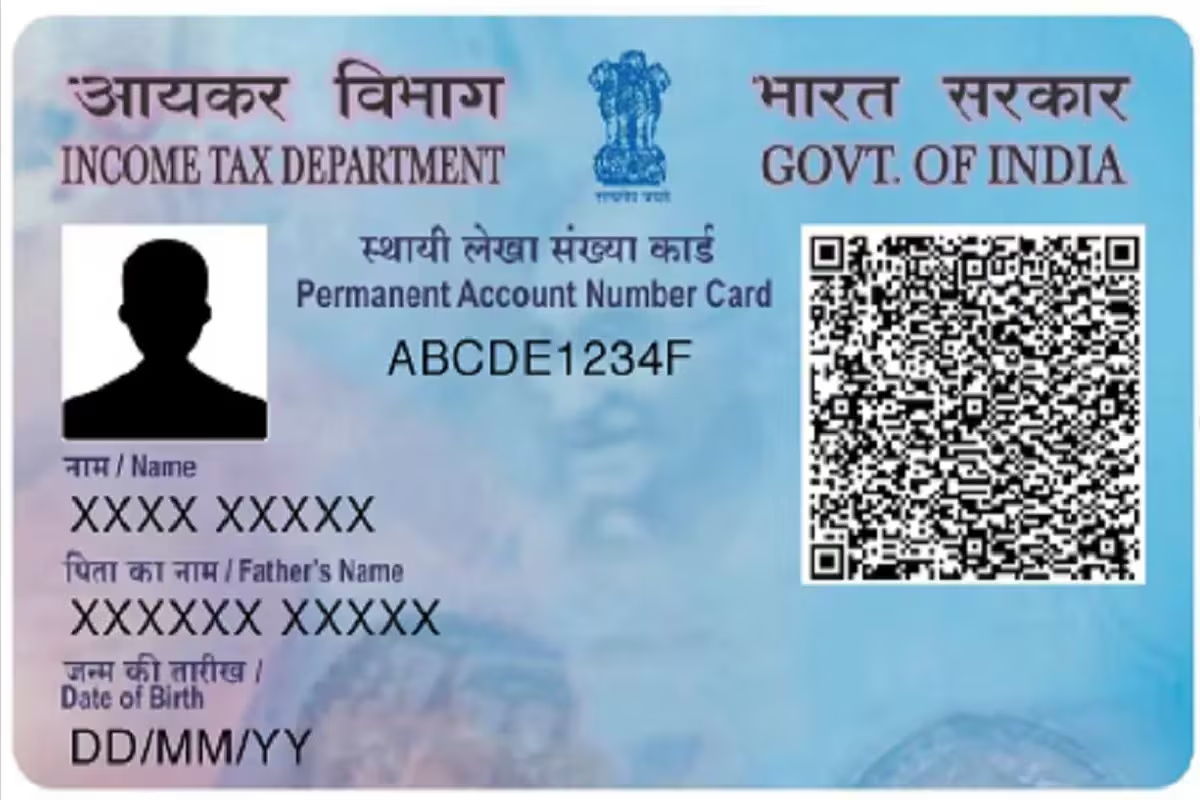To improve the Indian education system, it is essential to focus on various aspects such as curriculum development, teacher training, infrastructure enhancement, and promoting inclusive education. Here are some key areas to consider for improving education in India:
- Curriculum reform: Evaluate and update the curriculum to make it more relevant, practical, and aligned with the needs of the 21st century. Emphasize critical thinking, problem-solving, creativity, and communication skills. Integrate technology and digital literacy into the curriculum.
- Teacher training and professional development: Provide comprehensive and ongoing training for teachers to enhance their pedagogical skills, subject knowledge, and classroom management techniques. Support professional development programs and encourage teachers to adapt innovative teaching methodologies.
- Quality assessment and examination reforms: Move away from rote memorization and focus on holistic assessments that measure students’ understanding, analytical abilities, and practical skills. Encourage project-based assessments, open-book exams, and continuous evaluation methods.
- Improve infrastructure: Invest in the development of well-equipped and accessible schools with adequate facilities, including libraries, laboratories, computer rooms, and sports facilities. Improve access to quality education in rural and economically disadvantaged areas.
- Promote inclusive education: Ensure equal access to education for children from all socio-economic backgrounds, genders, and abilities. Implement measures to prevent discrimination and promote inclusive classrooms that cater to diverse learning needs.
- Enhance digital literacy: Integrate technology into the education system and provide access to digital resources and tools. Train teachers and students to effectively use technology for learning, research, and skill development.
- Encourage vocational and skill-based education: Promote vocational training and skill development programs alongside traditional academic education. Collaborate with industries and employers to align education with the needs of the job market and foster entrepreneurship.
- Strengthen parent and community involvement: Involve parents, guardians, and community members in the education process through regular communication, parent-teacher associations, and community engagement initiatives. Encourage their active participation in supporting students’ learning and development.
- Invest in research and development: Encourage educational research and innovation to identify effective teaching practices, learning methodologies, and educational policies. Support research institutions think tanks, and educational experts to contribute to evidence-based decision-making.
- Government initiatives and policy reforms: Advocate for policy reforms that prioritize education and allocate sufficient funding to the sector. Monitor the implementation of educational policies and ensure accountability at all levels.
Improving the education system is a complex task that requires collaboration among policymakers, educators, parents, and communities. It is important to address the specific challenges faced by different regions and communities within India while striving for a more inclusive and quality education system.
To improve the Indian education system, several areas can be focused on. Here are some suggestions:
- Enhance teacher training: Provide comprehensive and ongoing training to teachers, focusing on effective teaching methodologies, classroom management, and student-centered approaches. Emphasize continuous professional development to keep teachers updated with the latest educational practices.
- Update curriculum and teaching methods: Revise the curriculum to make it more relevant, practical, and aligned with the needs of the 21st-century workforce. Incorporate innovative teaching methods, critical thinking, problem-solving skills, and digital literacy into the curriculum.
- Improve infrastructure and resources: Invest in school infrastructure, facilities, and resources to create a conducive learning environment. Ensure access to clean water, sanitation facilities, libraries, science laboratories, computer labs, and educational technology tools.
- Bridge the rural-urban divide: Focus on improving educational opportunities and resources in rural areas, where infrastructure and access to quality education may be limited. Provide training and incentives to attract and retain qualified teachers in rural schools.
- Encourage parental involvement: Promote parental engagement in education by fostering partnerships between schools and parents. Conduct workshops, parent-teacher meetings, and communication channels to keep parents informed and involved in their children’s education.
- Promote inclusive education: Create an inclusive education system that accommodates the needs of students with disabilities and diverse learning styles. Provide necessary support services, such as special educators, assistive technologies, and accessible infrastructure, to ensure equal opportunities for all students.
- Emphasize skill development: Integrate skill development programs into the curriculum to equip students with practical skills required for employment and entrepreneurship. Foster collaborations with industries to provide vocational training and internships that enhance employability.
- Assess and monitor student progress: Implement effective and fair assessment systems that evaluate students’ holistic development, including critical thinking, problem-solving, and creativity. Regularly monitor student progress to identify areas of improvement and provide targeted support.
- Invest in technology integration: Integrate educational technology tools into classrooms to enhance teaching and learning experiences. Provide access to digital resources, online learning platforms, and teacher training on effectively utilizing technology in education.
- Research and innovation: Encourage research and innovation in education through collaborations between academic institutions, educators, and policymakers. Promote evidence-based practices and the dissemination of research findings to drive educational improvements.
It’s important to recognize that improving the education system is a complex and multi-dimensional task that requires collaboration among educators, policymakers, parents, and society as a whole. Implementing these suggestions, along with comprehensive education reforms, can contribute to the transformation of the Indian education system and provide better opportunities for students.
Internal link – ragdi







